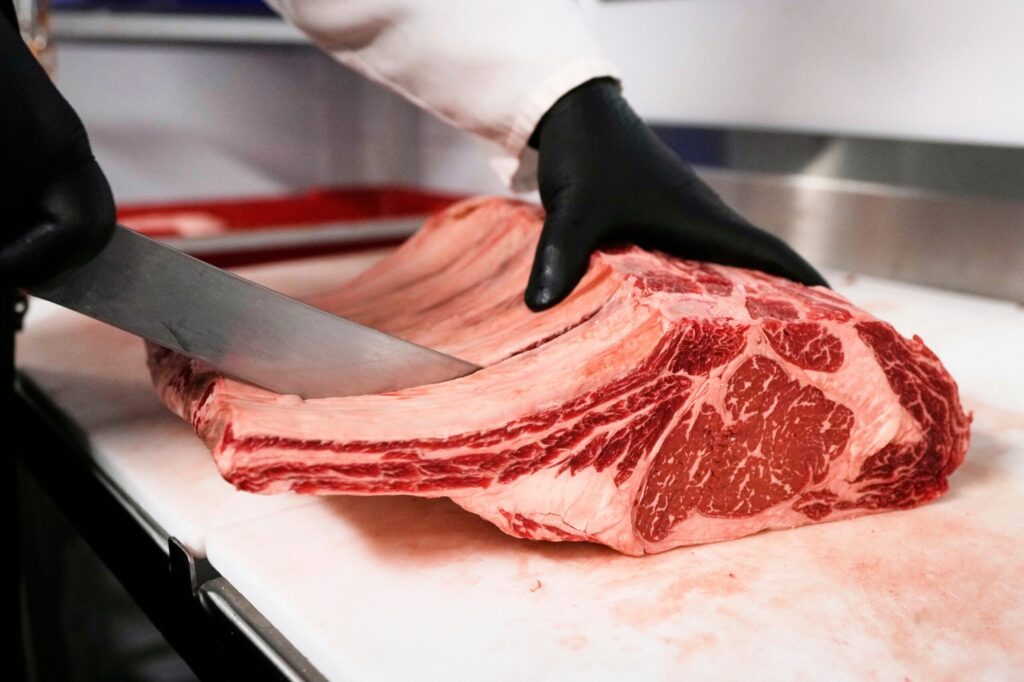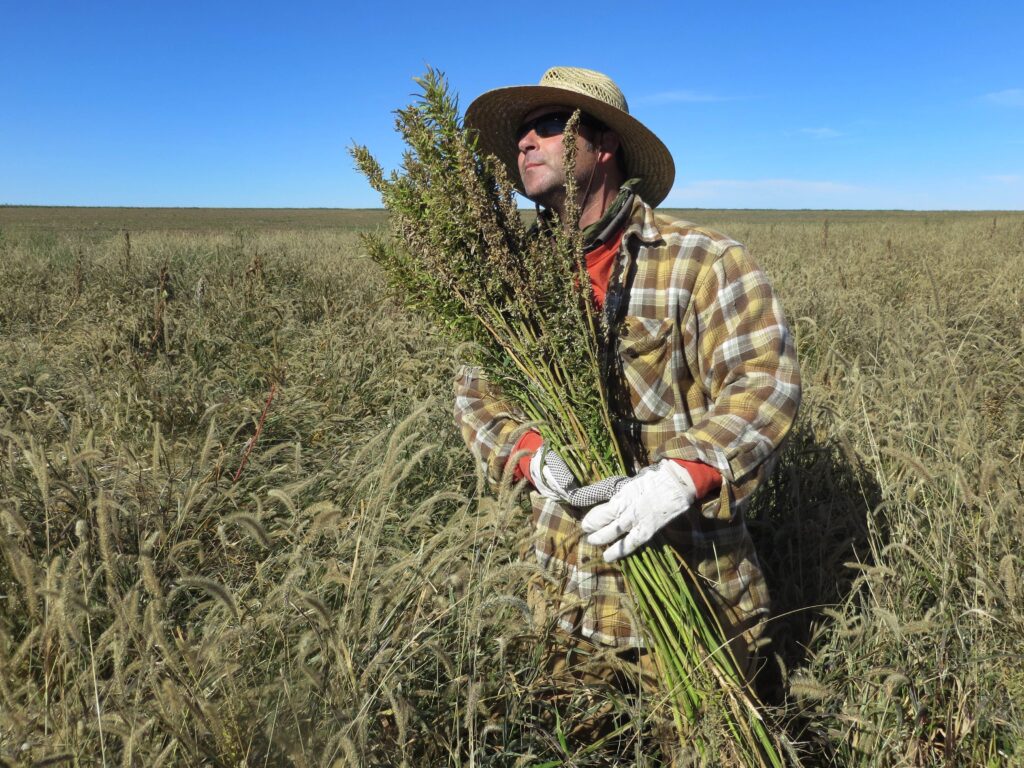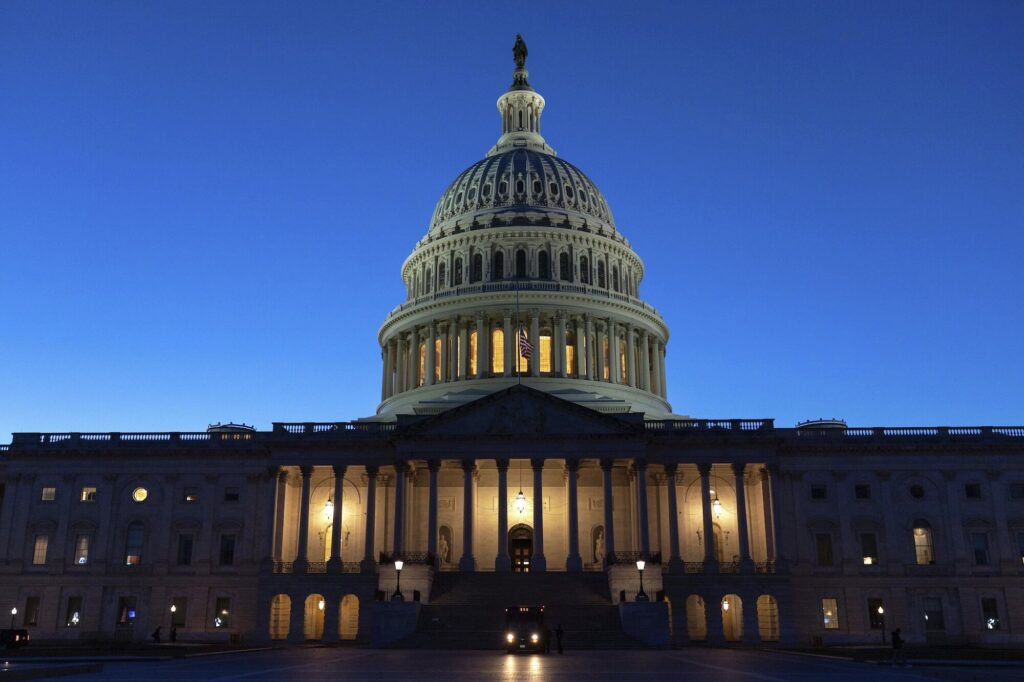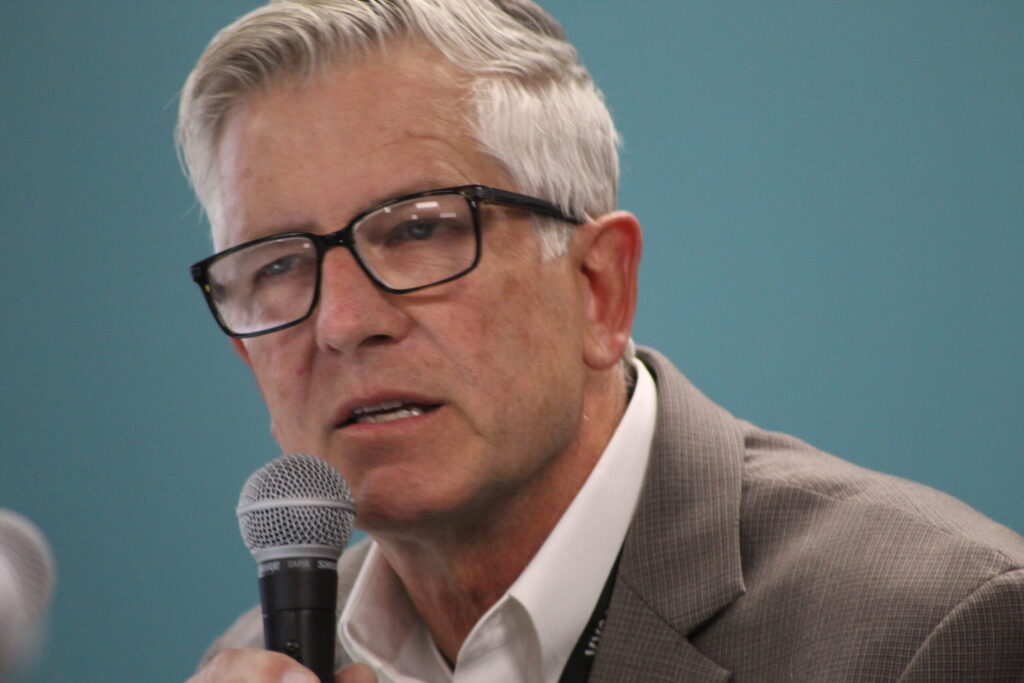Strict funeral industry regulations planned by Colorado lawmakers
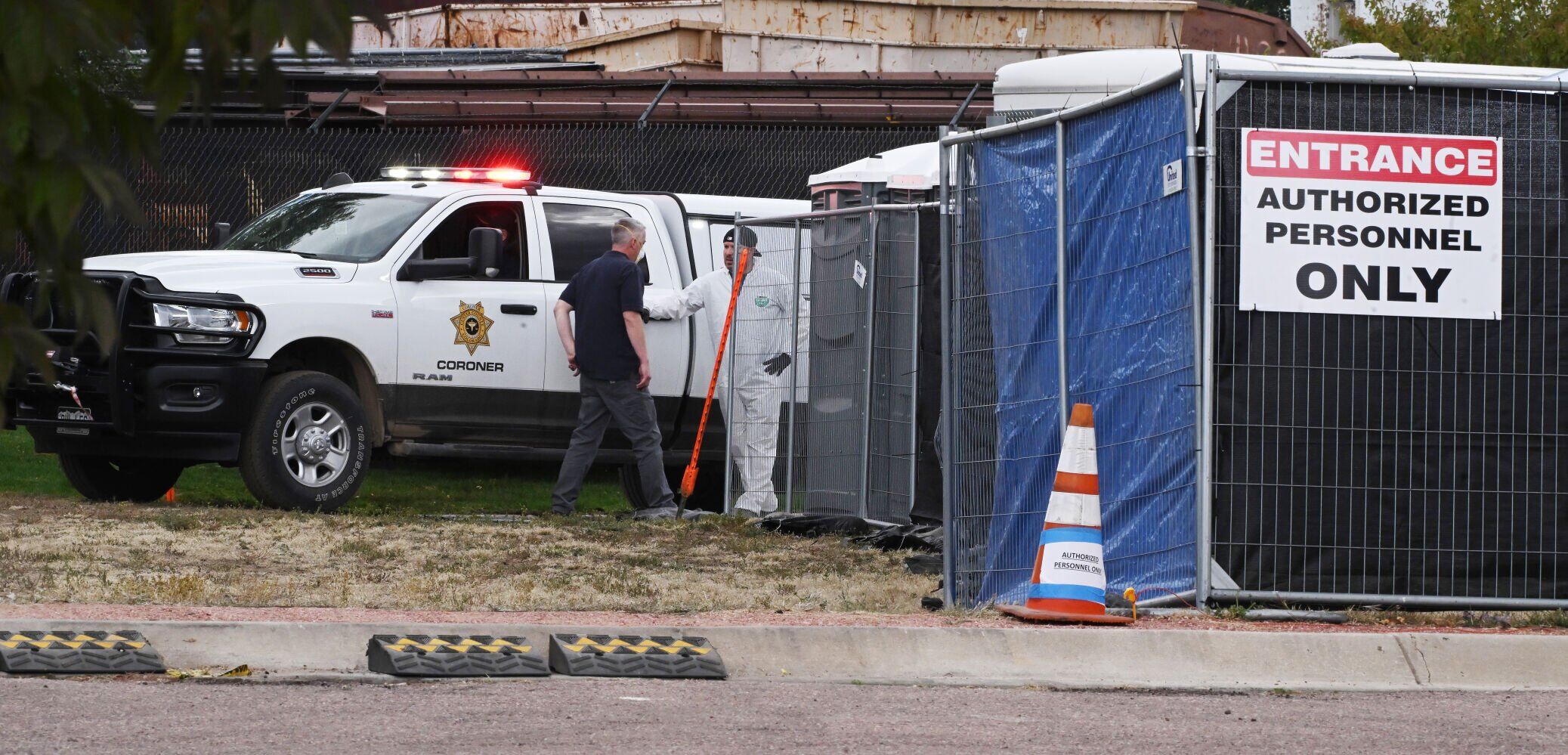
Lawmakers on Monday released a sweeping bill to regulate the funeral industry, which, for sponsors and backers, signaled that Colorado will no longer be the only state that does not require these professionals to be licensed.
While many in the funeral home industry back the changes, some worry about its effects on the ability attract workers.
The state mortuary code outlines who can “lawfully” hold the title of funeral service director or several related occupations, and while it requires a certain level of experience, it currently does not require licensing, training or any other education in the profession. This means that operators, in theory, can arrive in Colorado one day and open a funeral home business the next.
In the past several years, Colorado has seen several scandals in the industry. Notably, owners of the Sunset Mesa Funeral Home in Montrose, a mother and daughter, were indicted for selling body parts. The duo pleaded guilty in 2022 and were sentenced to prison.
Last October, 189 bodies were discovered at the Return to Nature facility in Penrose. The operators are under indictment on dozens of felony charges.
And last month, a Denver man was arrested for abandoning the remains of 30 people in a Denver home from which he had been evicted. In the home’s backyard, authorities also discovered a woman’s body in a hearse.
The body of George Rosales’ wife was the one abandoned in a hearse by the operator of the Apollo Funeral and Cremation Services in Denver. The call from the FBI forced him to relive the grief all over again, he said at a news conference on Monday.
When Sheila Canfield-Jones’ daughter died in October 2019, she went to Return to Nature, believing it would provide her daughter with a dignified cremation. Four years later, she got a call from the FBI, informing her that her daughter’s body was stacked with others at the Penrose facility.
“My grief will always be there,” Canfield-Jones also said during the news conference, adding she shares grief with the other families at Return to Nature. “Colorado is the laughingstock of the industry … All we’re asking is for dignity in death.”
‘Enough is enough’
The proposed legislation to require licensing by those who work in the industry is sponsored by Sens. Dylan Roberts, D-Summit County, and Bob Gardner, R-Colorado Springs and in the House by Reps. Matt Soper, R-Delta, and Brianna Titone, D-Arvada.
“Enough is enough,” Roberts said at Monday’s news conference.
Too many Colorado families have faced a gruesome reality, with bodies of family members mishandled, lost, and disrespected by “bad actors,” he said.
“Things have reached a breaking point” in Colorado, he said, adding that measure that will be introduced will finally create oversight over funeral industry practitioners.
Soper said the bill will restore confidence in Colorado’s funeral home industry.
Titone, a sponsor of the 2021 law to allow people to have their remains composted, told Colorado Politics she empathizes with the victims of the abuses in the industry.
“It’s horrific how disrespectful these funeral homes treated these cherished loved ones. I’m angry on their behalf and want to bring that passion and empathy (through the bill) for those folks, who have been through this ordeal twice, to make sure this doesn’t happen again,” Titone said.
Patty Salazar, the executive director of the Department of Regulatory Agencies — which regulates about 60 professions and occupations (those who work in the funeral industry are not among them) — said the bill will help rebuild trust in the industry, she said.
Steep requirements proposed
Senate Bill 173 shows funeral directors, mortuary science practitioners, embalmers, cremationists, or a natural reductionist must be licensed, and licensing requirements are steep.
The bill says perspective funeral industry professionals must apply, pay an application fee, pass a criminal history check, and cannot be subject to discipline in another state. Those regulations go into effect Jan. 1, 2026.
Funeral directors, mortuary science practitioners, and embalmers must graduate from an approved mortuary science school and serve a one-year apprenticeship. Funeral directors must pass the “arts” section of a national board exam, mortuary science practitioners must pass the “arts and science” sections, and embalmers must pass the science section.
Natural reductionists specializing in composting human remains, a practice authorized in Colorado in 2021, must receive official certification from one of several organizations in the cremation industry.
The bill dictates that current practitioners must obtain a provisional license, a requirement that goes into effect with the governor’s signature. That license requires proof of at least 6,500 hours of work experience, a one-year apprenticeship, and a background check.
If the person holds that provisional license for 24 months, they will qualify for full licensure.
The bill also adds a process for renewal, which includes six hours of continuing education, including classes on law, ethics, and public health requirements.
The funeral home industry largely supports the changes sought in the legislation.
Leaders of the state’s Colorado Funeral Home Directors Association have warned the state that since the industry was deregulated in 1983, these abuses would occur or that bad actors would come from other states because of Colorado’s lax regulations.
Degree requirement will dissuade people
The measure drew worries from Service Corporation International (SCI), a provider of funeral goods and services, as well as cemetery property and services. Its Colorado affiliates include Olinger’s six Colorado locations and Allnutt, which provides funeral services in Larimer and Boulder counties.
Jason Hopfer, who represents SCI, said the company has issues with the bill’s language on funeral directors. They’re more like event coordinators, Hopfer said.
“They don’t and shouldn’t handle remains,” Hopfer said.
To require funeral directors to have a mortuary science degree will reduce the pool of people in those jobs, which he said are already difficult to fill and have high turnover rates.
Hopfer said his company has repeatedly asked DORA to change that language but have gotten no response. The company does support licensing the other practitioners identified in the bill.
Hopfer said his organization also provided DORA language on how to handle one-person shops, such as Apollo. Those operators should hold a mortuary science practitioner license in order to handle remains, he said.
Javan Jones, who has been in the funeral industry for 25 years and studied mortuary science in Georgia, told Colorado Politics that the bill is needed to protect consumers.
Jones owns three funeral homes in Wray, Fort Morgan, and Brush. He is past president of the Colorado Funeral Home Directors Association, which sought the sunrise review that led to Monday’s bill.
There’s the business side, involving contracts and money, and then there’s the embalmer’s side, which involves handling dangerous chemicals or working with bodies with infectious diseases, he said.
Jones suggested that the impact on the industry should be minimal for those who are already doing the “right” things. People who have gone to mortuary school, passed the boards and received a clean background check will continue to do what they’re doing.
For consumers and the state, the measure will allow the state to know who’s in the funeral homes and doing the work, and it will help families know the operators are competent and fulfill the requirements set forth by the state, Jones said.
While the attention to the abuses in the industry has caught national attention in the past year, Roberts and Soper both said this is an issue they have been working on for years.


